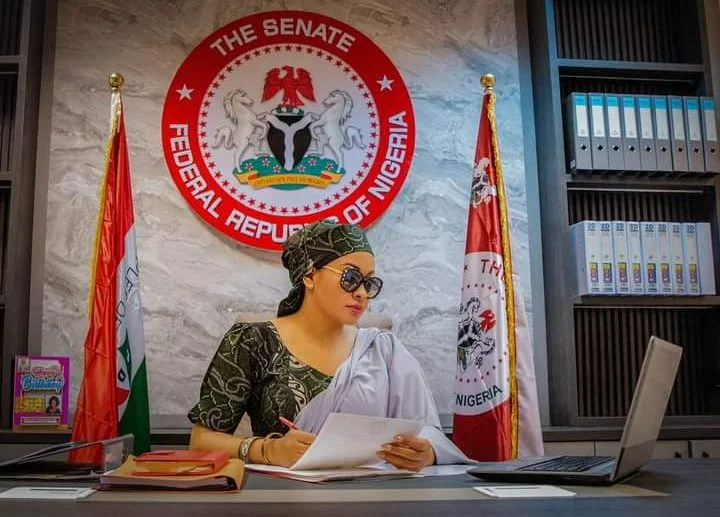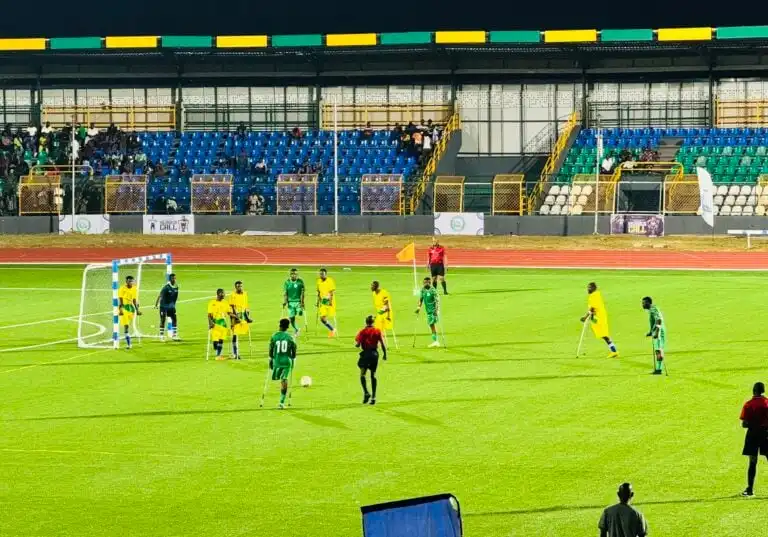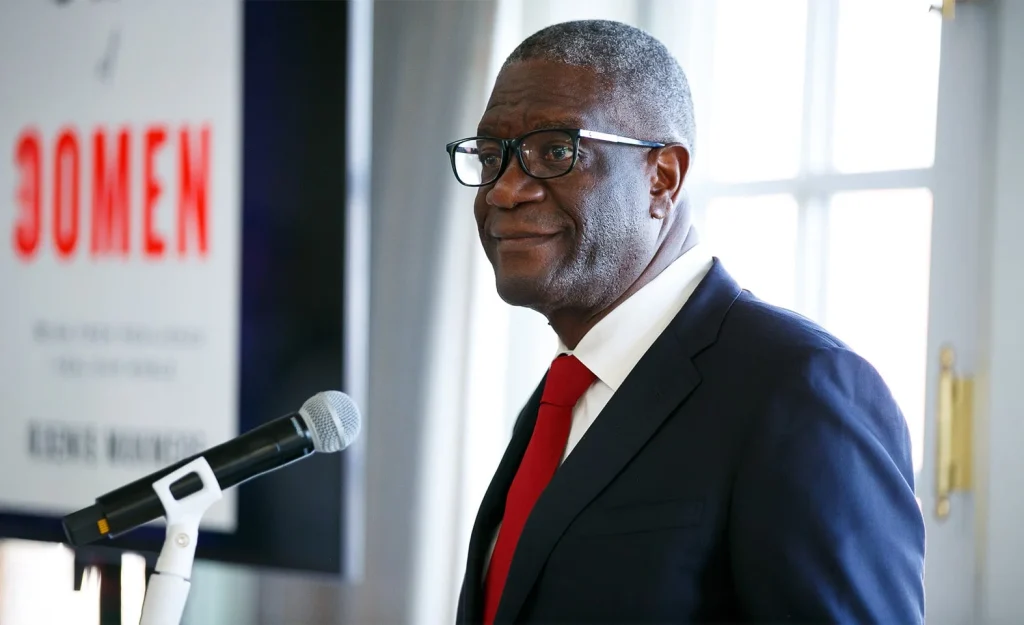Senator Natasha Akpoti-Uduaghan, representing Kogi Central, was prevented from returning to the National Assembly in Abuja, on July 22, 2025,.
The Senate accused her of staging a “skit” to undermine its authority.
This follows her six-month suspension in March 2025 for alleging sexual harassment by Senate President Godswill Akpabio, who denies the claims.
Holiday Dispute Fuels Return Attempt
Frustrated by the Senate’s extended recess, which began in late June and stretched past its planned July 15 resumption.
Akpoti-Uduaghan announced on July 20 that she would return to work.
“The holiday has been long enough,” she said, stressing the need to address urgent issues like economic reforms and insecurity.
She cited a Federal High Court ruling to support her return, aiming to serve her constituents.
Senate Criticizes ‘Theatrical’ Return
Akpoti-Uduaghan arrived at the National Assembly, referencing a court decision by Justice Binta Murtala Nyako that called her suspension excessive and unconstitutional.
Although, security operatives blocked her convoy at the outer gate and stopped her entry after she walked 900 meters with supporters, including activist Aisha Yesufu.
Senate spokesperson Yemi Adaramodu called her actions theatrical.
“We are lawmakers, not actors watching skit-making or content creation,” he said on Channels TV’s “Politics Today”
He described her attempt as a “drama series,” emphasizing that the Senate focuses on legislation, not public stunts.
Court Ruling Dispute
Adaramodu challenged Akpoti-Uduaghan’s claim that the court overturned her suspension.
He noted that the ruling required her to pay a ₦5 million fine, issue a public apology, and retract a social media post—conditions she appealed.
“Appealing a court order while trying to enforce it is baffling,” he said, citing the Senate’s constitutional power to discipline members.
He stressed that court orders require legal enforcement, not self-action, and called her arrival with supporters and placards confrontational.
Reason Behind Her Suspension
In February 2025, a seating arrangement dispute during a plenary session escalated when Akpoti-Uduaghan accused Akpabio of sexual harassment, alleging inappropriate comments and advances. Akpabio’s office denied the accusations.
The Senate’s Ethics Committee dismissed her petition and suspended her for “unruly behavior,” barring her from the premises, locking her office, and withdrawing her salary and security until September 2025.
As one of only four female senators in the 109-member Senate, Akpoti-Uduaghan called the suspension an attempt to silence her.
She expressed concerns for her safety and her two-year-old child’s, citing the loss of her security detail.
Public and Legal Reactions
Women’s rights activists and civil society groups condemned the Senate’s actions, demanding a transparent investigation into Akpoti-Uduaghan’s allegations.
Supporters, including Aisha Yesufu, criticized the Senate for undermining democracy.
Critics, like lawyer Ken Harries, called her attempt to enforce an appealed court ruling “lawless,” noting unmet conditions.
Akpoti-Uduaghan vowed to continue her fight, stating, “Akpabio is not above the Nigerian Constitution. My mandate comes from the people of Kogi.”
She plans to appeal the Senate’s refusal at the appellate court.
Why It Matters
This controversy highlights tensions over gender equality, parliamentary authority, and the rule of law in Nigeria.
Akpoti-Uduaghan’s case has sparked debate, with supporters praising her courage and critics questioning her approach.
Her treatment as a female senator raises broader concerns about women’s representation and how sexual harassment claims are addressed in Nigerian politics.
More News: Sierra LeoneAwaits Seismic Survey Results for 2025 Offshore Oil and Licensing























